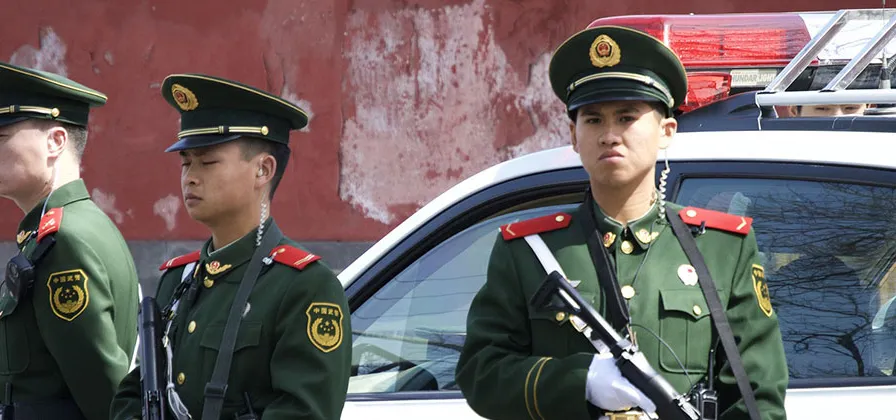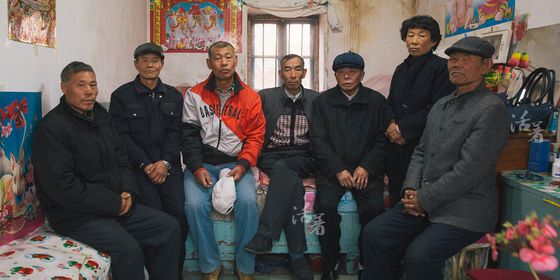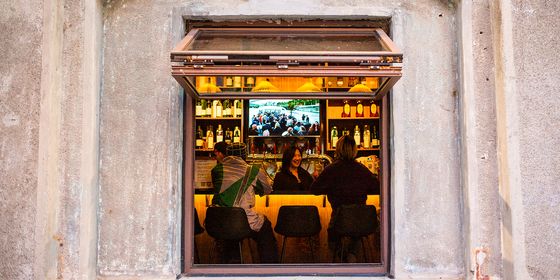Beijing’s smog squad remains mysterious, but some details are coming to light
Still beset by the dreaded winter smog, Beijing has suggested the creation of an environmental task force to deal with various issues, including above all else (both literally and figuratively) the smog.
After a flurry of media coverage which was light on specifics, a bit more information has been unveiled about these environmental enforcers.
Last Saturday, Beijing’s mayor, Cai Qi, said to the Xinhua state news agency that a new police force would be established to tackle environmental offenses such as open-air barbecues, garbage incineration, biomass burning, and dust from roads.
“Acts of non-compliance with regulations are actually the result of lax supervision and weak law enforcement,” he said.
Environmental cops are one of Beijing’s latest and oddest attempts to reduce air pollution, following a series of initiatives that go from a “pollutant discharge fee” on businesses (enforced since 1979) to promotion of a “green” lifestyle and environmental protection announced last year.
While officials have previously confiscated and destroyed more than 500 open-air barbecues to cut air pollution back in 2013, it’s uncertain if some of the long-time Beijing traditions, such as street-side merchants of lamb skewers, will be strongly affected.

[Wikimedia Commons]
The mayor’s office hasn’t indicated whether special training will be needed. Previous efforts within the city to combat smog have ranged from crackdowns on traffic and heavy industry, all the way through to much more questionable efforts to target outdoor barbecues. In fact, back in summer 2014, Beijing banned decorative cakes, raw sea food, and cold dishes such as smashed cucumbers (pai huang gua 拍黄瓜), seaweed, and cold skin noodles (liang pi 陕西凉皮) “for hygiene and pollution control measures” according to The Interim Measures for the Management of Summer Dining in Beijing government report (北京市消夏露天餐饮经营管理暂行办法).
Beijing is yet to implement other policies such as the closure of the city’s coal-fired plant, the phasing out of about 300,000 old vehicles, and installation of air purifiers in schools (but expensive international schools are way ahead of the curve here and sometimes have entire football fields sealed under domes).
Meanwhile, maybe you can just buy some fresh air in a can like this guy:

Cover photo from Pixabay












